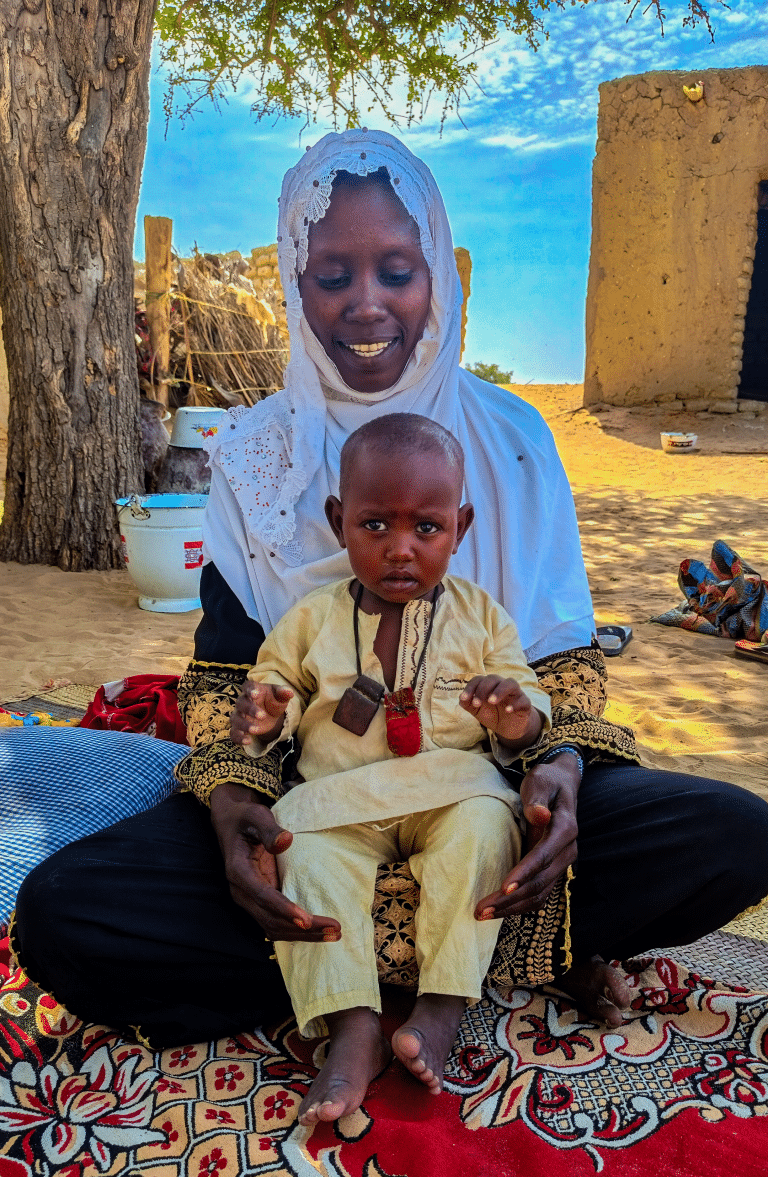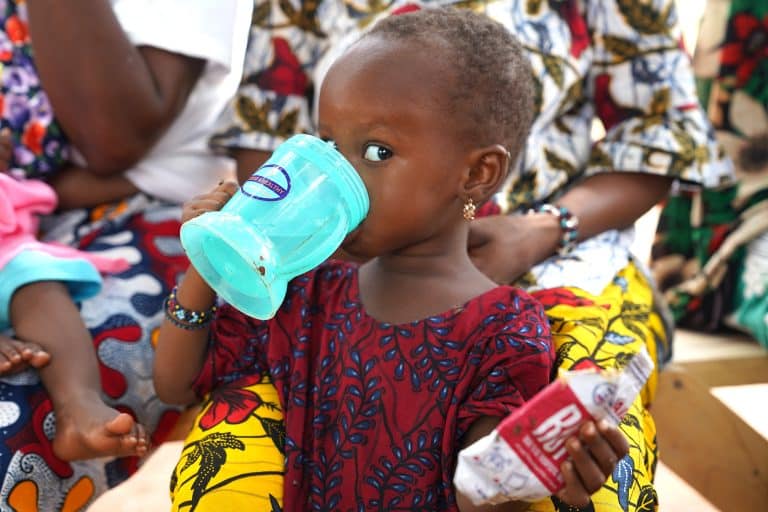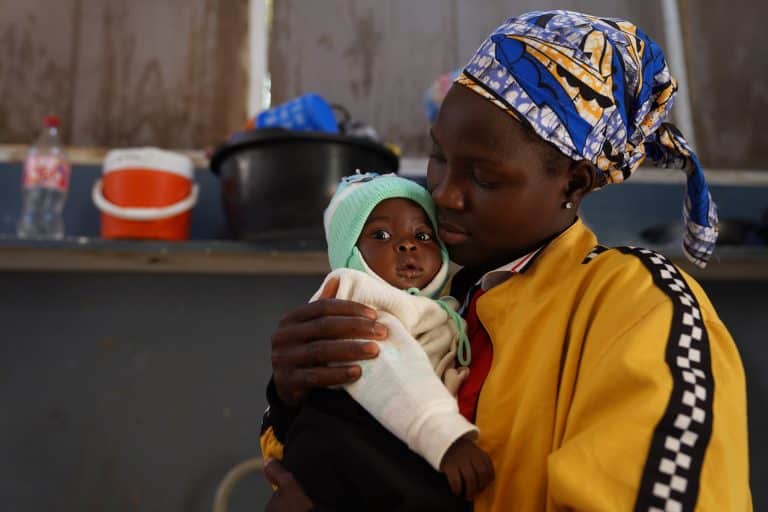Congratulations on your new position! Why were you motivated to take on the challenge of leading ALIMA in the United States?
I am very proud to work for such an innovative and forward-thinking organization and I am honored to take on the role of Executive Director of ALIMA USA, especially at this exciting moment as the organization transitions from a start-up phase to the next level. During our relatively short history, ALIMA has grown rapidly, having established a proven programmatic model that is changing how humanitarian medicine is delivered. This is very exciting and I am looking forward to expanding our supporter base so that we have the flexibility to respond to emergencies, invest in our field staff, and our research and innovation programs to further increase the scale ALIMA’s life-saving work.
You have many years of experience working in humanitarian organizations. What is it about ALIMA that you find will be of interest to donors and partners in the United States?
I think ALIMA offers new thinking and new approaches to humanitarian intervention. As one of the only humanitarian medical organizations started in the 21st century, we operate a 21st century model of humanitarian action. The idea is to break the status quo and operate newer, more efficient and more cost-effective solutions to be able to treat more people in need. The organization is built on three pillars: delivering quality emergency medical care in insecure areas and zones with high child and maternal mortality rates, partnering with and building the capacity of national medical organization, and conducting medical and operational research and investing in innovation to transform humanitarian medicine.
ALIMA’s ability to include innovation as part of our operational activities makes us unique and something our supporters find new and exciting. This approach allows for real improvements in our future interventions. It’s rare to conduct operational or medical research during emergencies or in insecure areas – it’s difficult, but ALIMA is able to do this. For being a relatively small and young organization, started in 2009, we have made strides in innovations and research that has made large-scale changes to the screening of malnutrition, for instance, and the treatment and prevention of Ebola.
What are your plans and priorities for ALIMA USA?
We are working hard to increase our visibility and expand our donor base here in the US. Due to the exceptional work done by our field teams, we have had quite a bit of media attention, which has been very helpful. We have a dedicated group of ALIMA supporters that have been amazingly supportive of the organization by coming to fundraising events, donating on a regular basis, and sharing with their friends and networks ALIMA’s social media posts. I am looking to expand this group both in size and geographically.
ALIMA is a well-known actor in the humanitarian world in Africa and we are really looking to make it well known to the US public too. We are always looking for assistance to spread the word and get people to know us. An easy way to get involved is to follow and share ALIMA’s posts on social media, where we regularly post the latest news, engaging stories and fresh videos of our work in the field.
How can people find you if they want to organize an event or fundraiser, or lend their support in another fashion?
We are always happy to hear from supporters who want to help us spread the word and raise awareness and funds. Great ways to get involved and support could be by organizing a fundraiser with your friends or community, taking part in an athletic event, such as a running race, walk-a-thon, or triathlon, and raise funds for ALIMA, or observing the next milestone by including ALIMA in the celebration. By asking friends to donate in lieu of a gift, your event will help support our lifesaving work. Please get in touch by emailing info.usa@alima.ngo and we would be happy to assist.
Great, thanks Charlie! Best of luck in your new role at ALIMA!
*Photo: Paul Whitney / ALIMA





